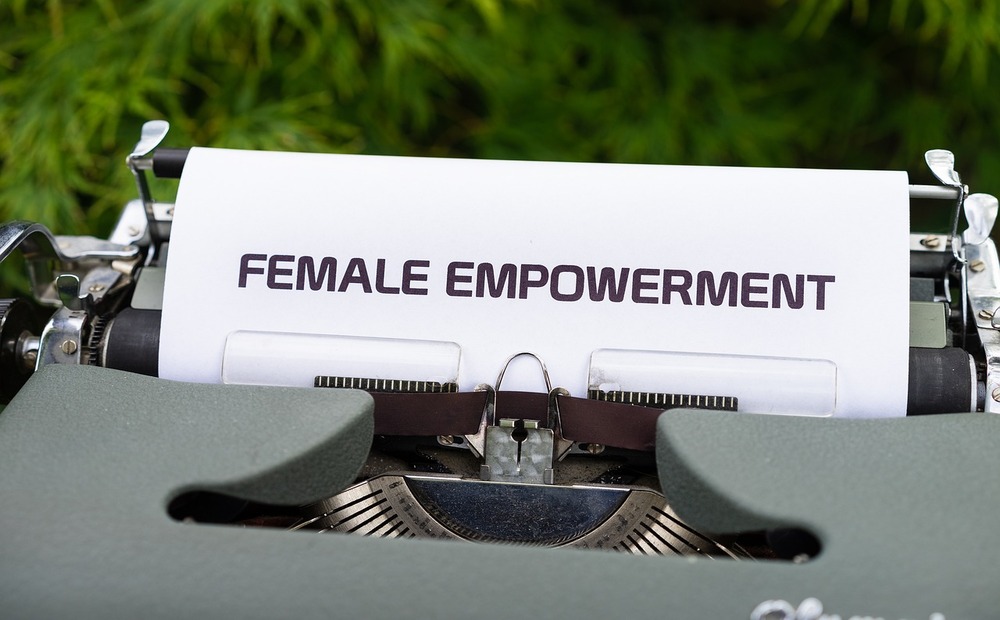By Myrsini Spiliopoulou,
Isn’t it obvious that equality and dignity are principles everyone on the earth deserves? So, how is it posible, even nowdays after the given fights, for some people to think that women must be manipulated as if they were objects with no rights and zero emotions? Unfortunatelly, we must recognize and accept the current reality instead of avoiding it and focus on taking action to bring about meaningful change. The European Union saw the problem and made its efford to decrease it.
In the EU’s investigations, it is underlined that during the pandemic of Covid-19, there was an increase of violence against women. There were countries in which cases of violence were multiplied five times. Women faced violence in their work and in their homes. One out of two females, above the age of 15, lived in a hostile environment in which they were victims of sexual harassment. One out of three of those cases happen in their work enviroment, with the victims being women even in highly respected positions. 75% of women working in positions that need high qualifications and 61% of women working in the field of services were harassed. This phenomenon doesn’t end here, as 13% of women’s population was also terrified, especialy the ones with social power on the internet, such as journalists and activists. Those facts are not far from relevant to another very common phenomenon: discrimination. From the harassed girls that belong to minorities (e.g. immigrants, members of the LGBTQ+ community), at least one out of three believes that being part of a minority was crucial to their attacker. So, those persons were discriminated twice: for the minority they belong to and due to their gender, as sexual harassment is a form of gender-based violence that “is directed to a woman because she is a woman or that affects women disproportionately”.

The EU, for the last years, hasn’t stayed passive. As long as articles 8 and 10 of the Treaty on the Functioning of the European Union give the opportiunity to the EU to act for the equality of the sexes, with the decisions 2017/865 and 2017/866, EU was authorized to sign the Instabul Convention, a convension of 81 articles referring to violence against women. It was signed on the 13th of June of 2017, but it started being in action on the 28th of June of 2023 due to the decisions 2023/1075 and 2023/1076 and all the members of the EU had to sanction it, in order to be efficient in protecting every woman in every european country. The main purposes of Instabul Convention is to protect women from violence and enforce de jure and de facto equality of genders via policies that assist victims and support organizations. The importance of this conversion is undisputed: it was fundamental for the criminalization of urged clitorectomy (such as aricle 315 of Criminal Code in Grecce) and the European Parliament’s of 1st June 2023 on sexual harassment in the EU and MeToo evaluation. Due to the Instabul Convention, european countries were obligated to take action and legislate about equality.
The period of Covid-19 showed to some of us the true face of the persons who surround us. Going to work or staying home was for them an important decision. We must never turn our back to what happened, but we must also not let it defeat us. Fortunatelly, we live in a modern world, where violence due to discriminaton is not justified. For the past year, since the Instabul Convention, measures have been taken, organizations exist and every day the legal system gets evolved in order to protect every female living in Europe.
References
- Mέτρα της ΕΕ για τερματισμό της βίας καυτά των γυναικών. Ευρωπαϊκό Συμβούλιο- Συμβούλιο της Ευρωπαϊκής Ένωσης. Available here
- Προσχώρηση της Ε.Ε. στην σύμβαση της Κωνσταντινούπολης. Eur-Lex. Available here
- Council of Europe Convention on preventing and combating violence against women and domestic violence. CoE. Available here
- Παρατηρήσεις του κέντρου Διοτίμα για τον νέο ποινικό κώδικα. Diotima. Available here




